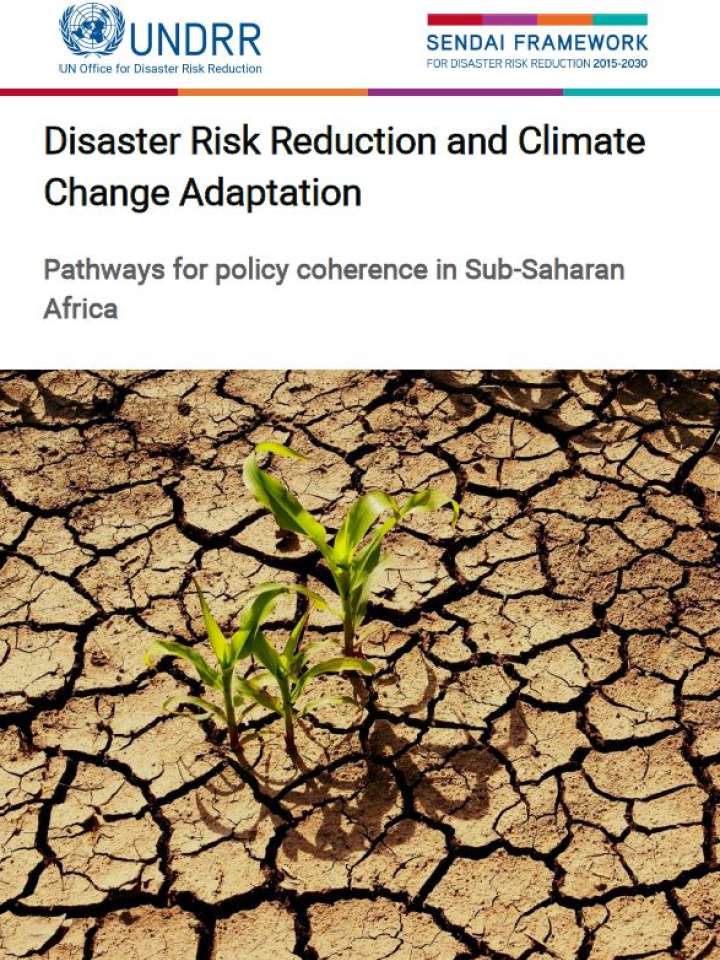Disaster Risk Reduction and Climate Change Adaptation: Pathways for policy coherence in Sub-Saharan Africa
The Agenda 2030 calls for enhanced policy coherence for sustainable development. In response to this call, in sub-Saharan Africa, the United Nations Office for Disaster Risk Reduction (UNDRR) is working on fostering policy coherence among two practices which are closely linked: Disaster Risk Reduction (DRR) and Climate Change Adaptation (CCA). By generating more efficient and effective preparedness, response and recovery processes while making more efficient use of financial and human resources, policy coherence among DRR and CCA practices can contribute to a more sustainable development.
Nonetheless, as DRR and CCA have been historically managed by different political processes and communities, the way to policy coherence is paved with challenges. Building upon the common aim of the Agenda 2030, the Sendai Framework for Disaster Risk Reduction (2015-2030) and the Paris Agreement on climate change, to reduce vulnerability and enhance resilience to the impact of disasters and climate change, the report proposes pathways for policy coherence in sub-Saharan Africa based on an analysis of policy documents.
In light of the integration spectrum, the report proposes an approach to assess the level of integration - limited, partial or substantial - of the two fields in DRR and CCA policy documents in sub-Saharan Africa. Strategic, conceptual, institutional, operational and financial aspects were analyzed in DRR and CCA strategies from thirty-two (32) countries in the region out of the 44 countries covered by the UNDRR Regional Office for Africa (ROA).
